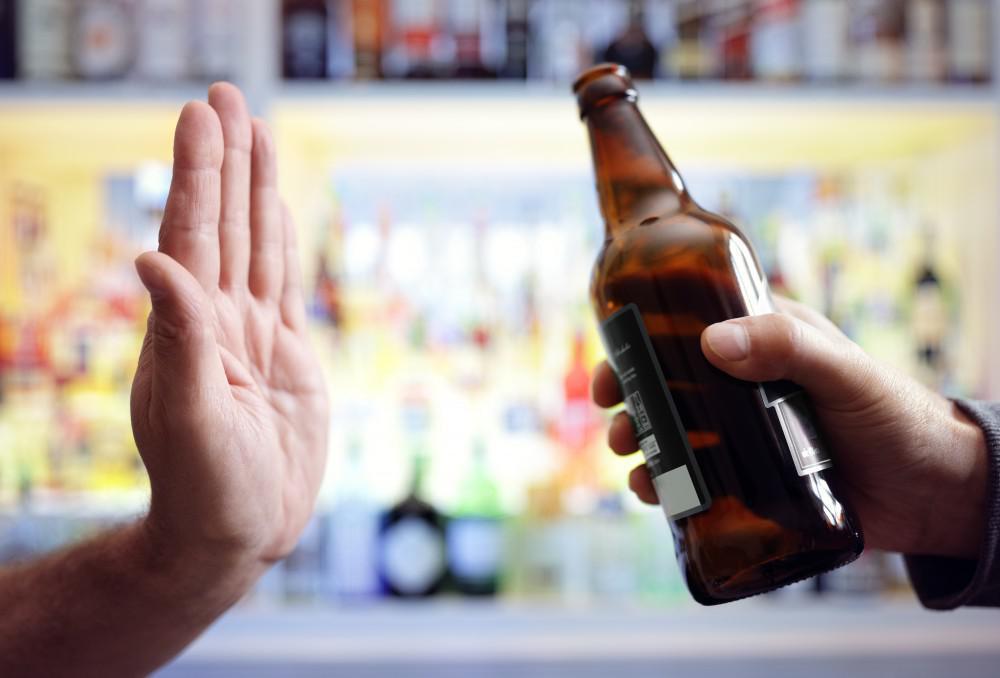
5 Tips for Staying Sober
You’ve done the work to become clean and sober, and you want to do what you can to stay that way. Here are five great tips that will help you safeguard your freedom from a substance use disorder.

You’re tired of your life being ruled by your substance use disorder, and you want out. Time and again, you say this is the day you’re not going to pick up, only to have withdrawal symptoms send you back. Detoxing from your substance of choice is a formidable hurdle that stands between you and your road to recovery, and we’re here to help ease the way forward.
At Northview Wellness, our team of addiction specialists understands how hard it is to break free from a substance use disorder, which is why we offer detox services. To help you better understand the process, we outline what you can expect when you want to break your physical dependence.
There are two sides to a substance use disorder — dependence and addiction. The dependency side of the equation occurs when your body develops a reliance on the substance and goes into withdrawal when it’s taken away.
The symptoms of withdrawal depend upon the substance you use, but here are some of the more common when it comes to alcohol and opioids.
When you stop drinking alcohol, your central nervous system becomes overactive since alcohol used to depress it. Most symptoms occur within 6-24 hours and include:
In severe cases, you may experience seizures or delirium tremens (DTs), which can include hallucinations and paranoia. While rare, withdrawing from alcohol can be fatal if you suffer a severe seizure or abnormal heart beat.
When it comes to a timeline for alcohol withdrawal, it varies depending upon how much alcohol you used to drink and for how long. Some people are able to clear their body of the substance within three days, while others may experience withdrawal symptoms that last weeks, or more. Most alcohol detoxes are around 5 days.
The first opioid withdrawal symptoms typically occur within 12 hours from your last use and include:
After a day or two, you may develop gastrointestinal issues, high blood pressure, and blurry vision.
In most cases, opioids clear your system in just three days, though some may take up to a 2 weeks. While the substance may be eliminated, you can still have withdrawal symptoms caused by your central nervous system, which can last for weeks, or even months, afterward.
As you can see by what we’ve described above, detoxing from drugs or alcohol can be unpleasant at best, and life-threatening at worst. At our practice, we offer outpatient detox programs that are designed to relieve many of the symptoms of withdrawal and to provide critical support along the way.
In some cases, we can turn to medication-assisted therapies, such as Suboxone® and naltrexone, including Vivitrol®, to help ease the detoxification process.
As important, we’re with you every step of the way to help you make it through to the other side, where you can start to take back control of your life.
To learn more about detoxing the right way, please contact our office by phone or email to set up a consultation.

You’ve done the work to become clean and sober, and you want to do what you can to stay that way. Here are five great tips that will help you safeguard your freedom from a substance use disorder.

The connection between a substance use disorder and a mental health issue is a strong one, as the nearly eight million Americans who have a co-morbidity prove. When this occurs, treating both issues is paramount.

Addiction is a chronic disease that requires constant vigilance and good management. When a person falls short, relapse can occur. If you’re worried that a loved one has relapsed, here are some signs to look out for.

You believe that you’re drinking isn’t normal anymore, and you’re tired of the overwhelmingly negative effects that alcohol is having on your life. The good news is that alcoholism is highly treatable.

The rise in availability of telehealth services has been great news for those who need (or would prefer) to receive quality health care from the comfort of their own homes. These services also extend to substance use disorders.

Whether you’ve tried to break your opioid addiction before or this is your first attempt, why not greatly increase your chances of success with Sublocade®? Here’s a look at how Sublocade can ease your recovery journey.